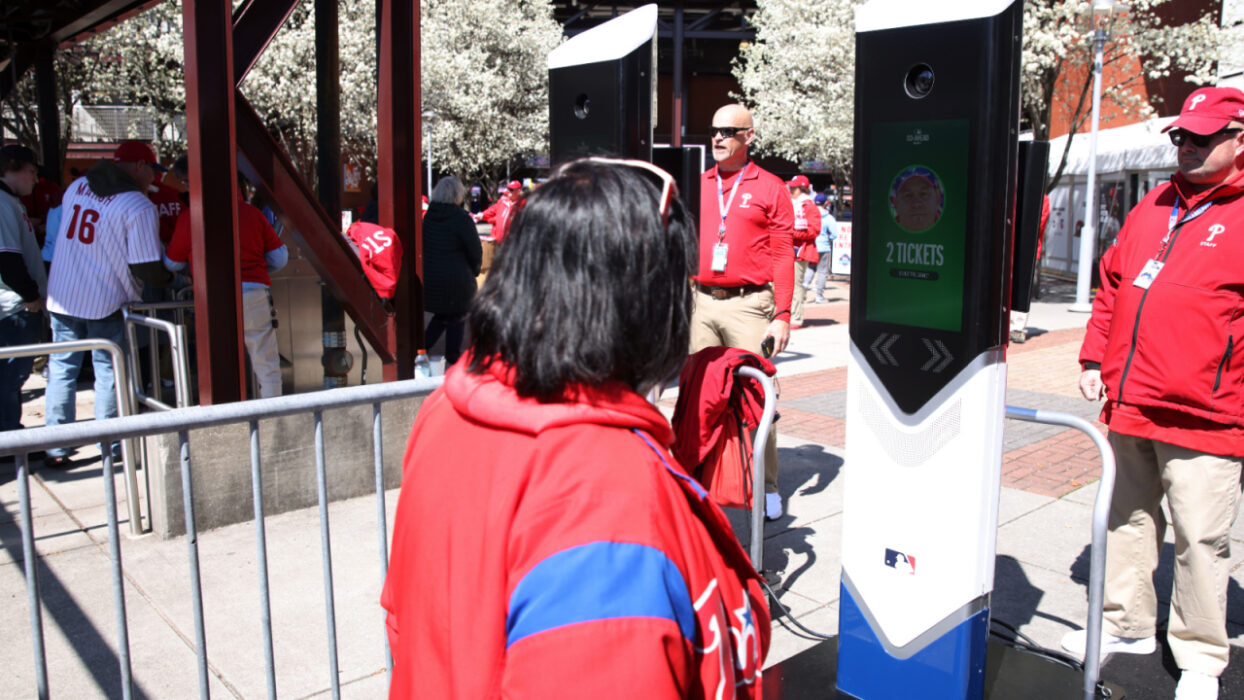
A Woman Climbed Into An El Paso Zoo’s Spider Monkey Exhibit To Feed Animals Hot Cheetos
Zoos are no strangers to experiencing animal abuse by their visitors. Sadly, these shelters for animals so often see humans behaving in ways that aren’t much better than the wildlife they’ve come to see. Over the weekend a Texas woman did just that when she made the decision to not only hop over a barrier at a facility but then decided to feed Hot Cheetos to the animals.
Over the weekend a woman broke into the barrier of an exhibit at the El Paso Zoo that housed its spider monkey.
Video of the incident shows the woman inside of the exhibit and throwing Hot Cheetos at the animals.
According to ABC7, Zoo officials say that the woman entered the enclosure and then fed the exhibits monkeys Libby and Sunday Hot Cheetos. The woman captured in the footage has not had her information shared to the public. The zoo’s director Joe Montisano called the woman, who exited unharmed, “stupid and lucky.”
Mason Kleist a zookeeper at El Pazo Zoo told ABC7 underlined how lucky the woman was. “These are primates we’re talking about. They could do some substantial damage to you,” he explained. “They may be small monkeys, but they can take you to the ground if they wanted to.”
The woman’s decision could have impacted the animal’s health. According to Kleist, both monkeys have “specialized diets.” This means that a lot like cats and dogs, human food can have harmful effects on Libby and Sunday. Animals given an improper diet can cause stomach problems and bowel disruptions.
More alarmingly, the woman could have put both monkeys at risk of contracting COVID-19.
“Anything that we have they could get as well, so COVID is no different,” Kleist explained. “We took the necessary steps to prevent them from getting that, so for someone to just go in there and give them food from their hands could just ruin that.”
Sadly, Kleist said that the woman’s decision also damaged the interactions between the zookeepers and monkeys whose relationship is built on trust.
“It takes years to build trust with these animals, and for someone to come in there for five minutes for a video on Instagram or whatever just ruins years of work,” Kleist explained. “It’s going to take a long time to get them back to where they were.”




